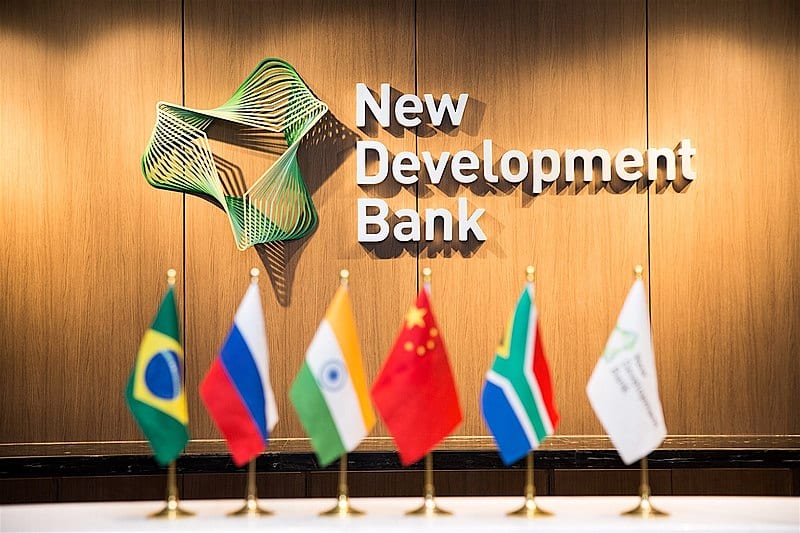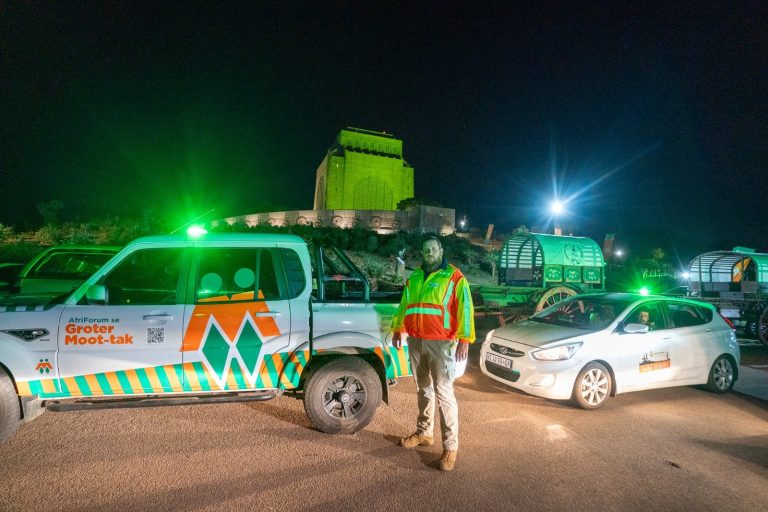Water crisis: $1 billion loan will not save SA from getting in hot water, warns AfriForum
Suggests four-point action plan
The New Development Bank’s (NDB) award of a $1 billion loan to the South African government is a huge mistake, warns the civil rights organisation AfriForum. This loan, intended to finance the construction of water and sanitation infrastructure at the municipal level, will not address the causes of South Africa’s urgent water crisis.
AfriForum emphasises that everything must now be thrown into the fight to tackle the country’s water crisis, but warns that money cannot just be thrown at the problem in the hope that the causes of the problems will clear up by themselves.
However, the organisation proposes, as part of a four-point action plan, that the following steps must be taken urgently to limit the impact of the water crisis and restore water supply in South Africa:
- Improving local governance and accountability
- Implementation of training initiatives and appointment of qualified personnel for water and sewage plants
- Continuous monitoring and testing of water quality to ensure it meets health standards
- Increased cooperation between the government, communities and the private sector
According to Marais de Vaal, AfriForum’s Advisor for Environmental Affairs, the history of municipalities is riddled with allegations and evidence of large-scale misappropriation of funds and corruption. “We recognise the necessity of financial support for water infrastructure, but municipal capacities, efficient management and accountability are currently lacking which will probably mean that money from this loan will simply be poured into an endless pit that will not bring about any real improvement in the water crisis,” explains De Vaal.
Municipalities’ debt to water boards, according to figures presented last week by the Department of Water and Sanitation (DWS) to the parliamentary Portfolio Committee for Water and Sanitation, already amounts to more than R22,36 billion. This figure clearly shows municipalities’ inability to apply responsible financial management and highlights the risk associated with just throwing money towards the problem instead of implementing workable solutions, concludes De Vaal.











